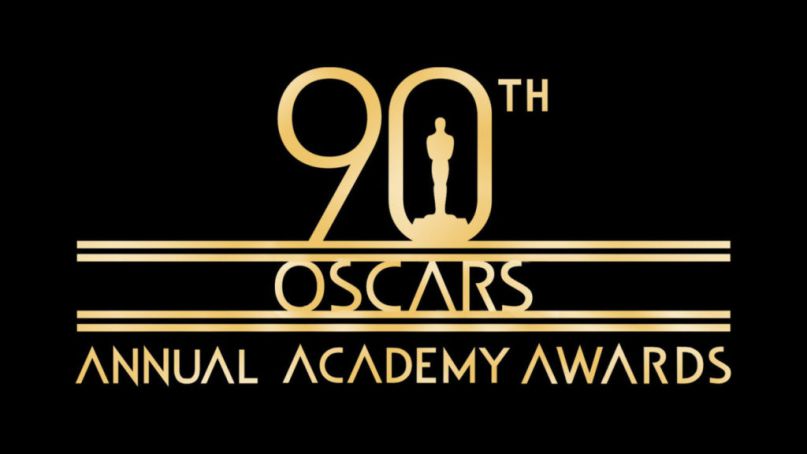Rejoice, film enthusiasts! Oscar Season is upon us once again. March 4th marks the 90th Academy Awards, a night of celebrating some of the most critically acclaimed films of the previous year. The Academy Awards (AKA The Oscars) is the artistic event of the season, where lovers of the medium gather around the television to watch cringey, topical humor – Jimmy Kimmel, unfortunately, returns as this year’s emcee – inspirational speeches, and debate on whether or not certain movies deserve to win certain awards. More importantly, it is a night that recognizes achievements in filmmaking. Whether it be the less flashy technical awards like Best Sound Mixing, or much grander awards like Best Director, the importance of the event is to recognize fine works of art and all those that worked on them. While the winners should be applauded for their hard work, it is important to not forget that cinema is a transformative art and that the greatest prize of all is what a film could mean to someone as a personal level. That being said: if Roger Deakins doesn’t win Best Cinematography for Blade Runner 2049, the Academy must be blind.

The most coveted prize of the night is, by far, Best Picture, and the nominees for the category include Call Me by Your Name, Darkest Hour, Dunkirk, Get Out, Lady Bird, Phantom Thread, The Post, The Shape of Water, and Three Billboards Outside Ebbing, Missouri. Two things can be said about this list: for starters, this is one of the most diverse – in terms of dealing with different and crucial topics – lists of Best Picture nominees in recent years and second, that this is going to be a close race. Some of the more outstanding nominations in the category have to go to first-time directors Jordan Peele and Greta Gerwig, who were also nominated for Best Director for Get Out and Lady Bird, respectively. Their nominations are a huge step for them and a truly inspirational message to minorities longing to see themselves represented at these award shows and the films themselves.
With all that is going on in today’s society, i.e., the marginalization of minorities, movies like Call Me by Your Name, Get Out, and The Shape of Water, really resonate with audiences because they shed a light on these issues and paint the stories in a beautiful manner. In Call Me by Your Name, Luca Guadagnino explores the struggle of coming to terms with your sexuality but under a more general theme of love and loss that allows audiences to empathize with the characters. Get Out uses the horror genre and its tropes to create a film that satirizes race relations. Its creation of the “Sunken Place” has defined to a worldwide audience a thought that has always been there, which is that some groups of people — no matter how hard they try to speak up — will be silenced and treated as insignificant. Guillermo del Toro’s masterpiece The Shape of Water also deals with a wide range of marginalized groups, but it is through Sally Hawkins’ stunning performance of a mute woman named Elisa that we examine those ignored because of the way they carry out communication. With more movies tackling these subject matters earning nominations for Best Picture, maybe we are finally seeing a step in the right direction for film as a medium.
Come and join the Film Studies Program in collaboration with The Film Initiative as we present the Oscar Watch Party. Celebrate a night of filmmaking achievements on Sunday, March 4th, in GC 140 and enjoy the fun and festivities the event has to offer such as Oscar Bingo, Oscar Picks, a Red-Carpet Photo Shoot, as well as everyone’s favorite motivator: free food! Stay connected on our Instagram and Newsletter for more information on the event.
 Jose Gil is a Senior at Florida International University, pursuing a Bachelor’s Degree in Biology with a minor in Chemistry, along with Certificates in Film Studies.
Jose Gil is a Senior at Florida International University, pursuing a Bachelor’s Degree in Biology with a minor in Chemistry, along with Certificates in Film Studies.
